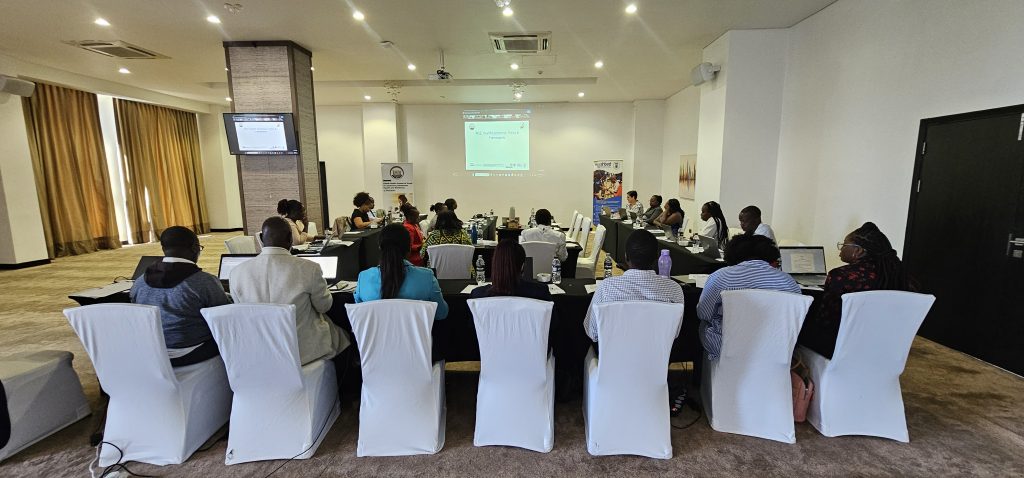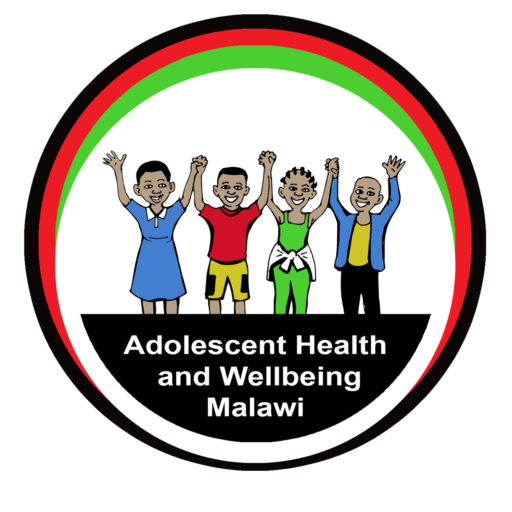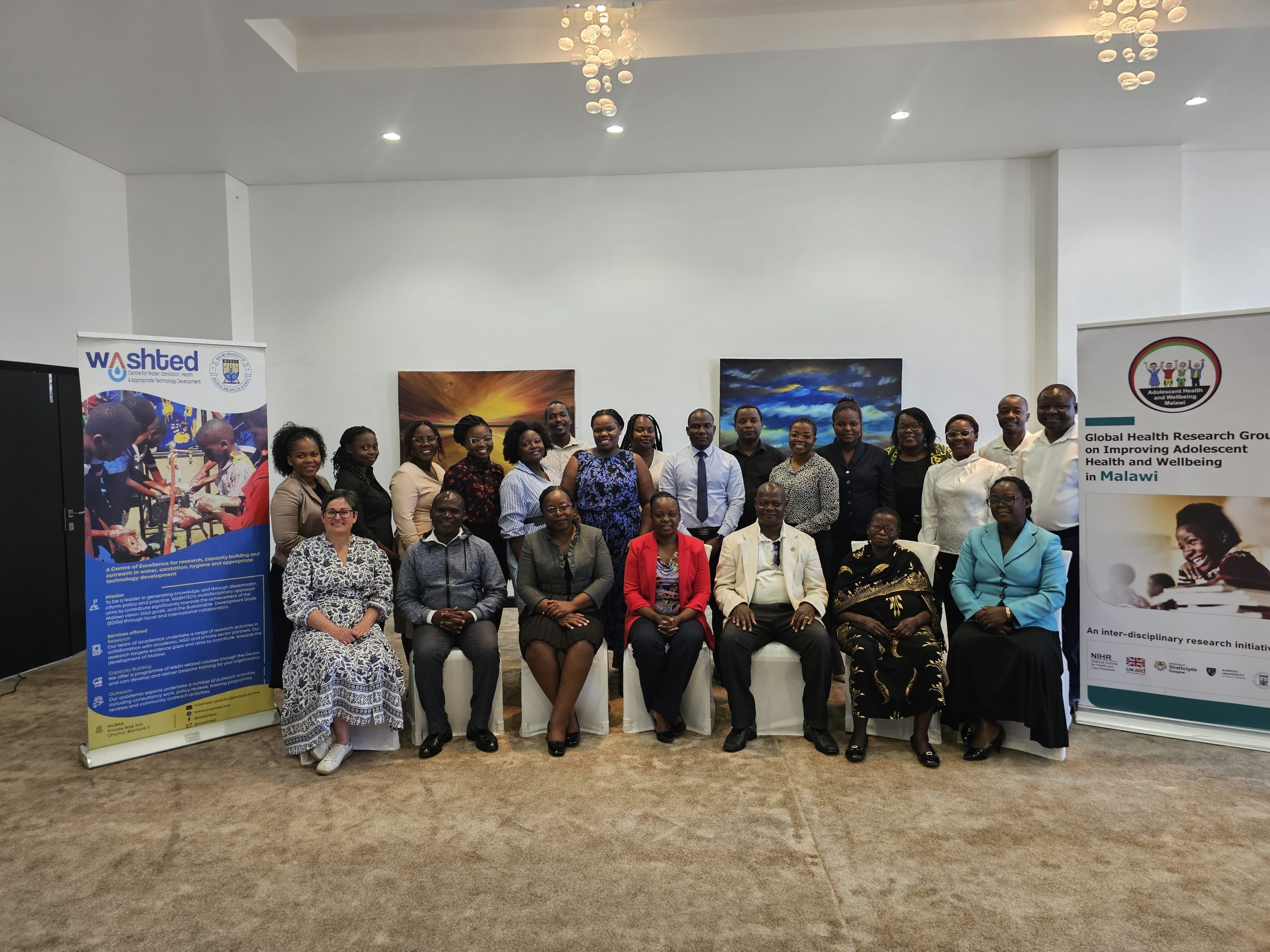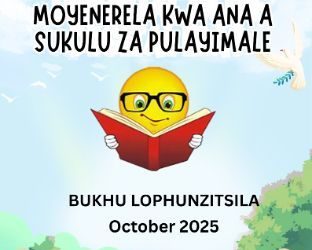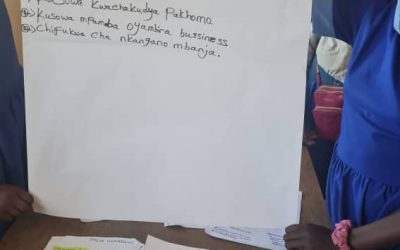Strengthening Strategy, Celebrating Progress, and Reaffirming Commitment
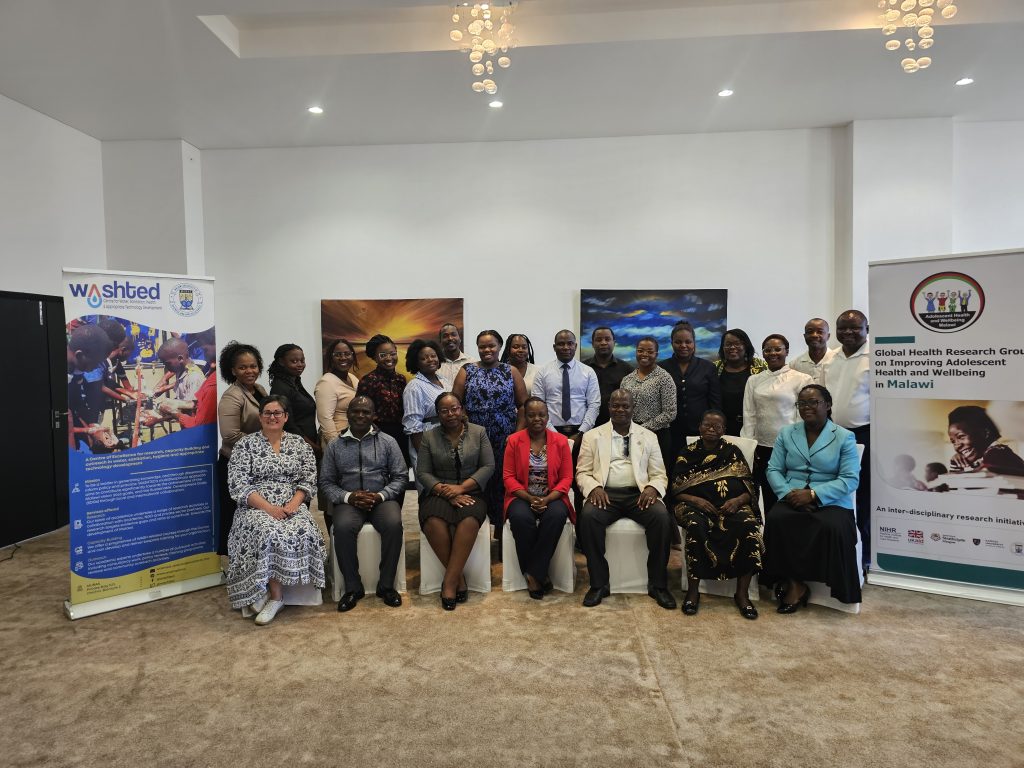
The NIHR-funded Global Health Research Group (GHRG) on Improving Adolescent Health and Wellbeing in Malawi held its annual Steering Group Meeting in Blantyre, Malawi, on 21 May 2025. This high-level gathering brought together national leaders, cross-disciplinary researchers, and institutional partners – University of Strathclyde, Kamuzu University of Health Sciences and Malawi University of Business and Applied Sciences (including National University of Singapore and University of Glasgow) to reflect on progress, explore preliminary findings, and plan for the next stage of impact.
The Steering Group, co-chaired by Judith Msusa (Director of Youth, Ministry of Youth and Sports) and Dr. Henry Phiri (Deputy Director, Ministry of Health – Reproductive Health Directorate), plays a vital role in ensuring that the research remains responsive, ethical, and aligned with national priorities. Their leadership, along with insights from various stakeholders, shaped robust conversations on how evidence is already informing community-level and policy-focused action.
Key Themes and Reflections
Judith Msusa opened the session by commending the team for the project’s steady progress and emphasised the Steering Group’s critical role going forward:
“We are seeing steady progress. What’s important now is how we translate this into results — and how we, as a Steering Group, continue to provide quality insight, recommendations and accountability as this work grows.”
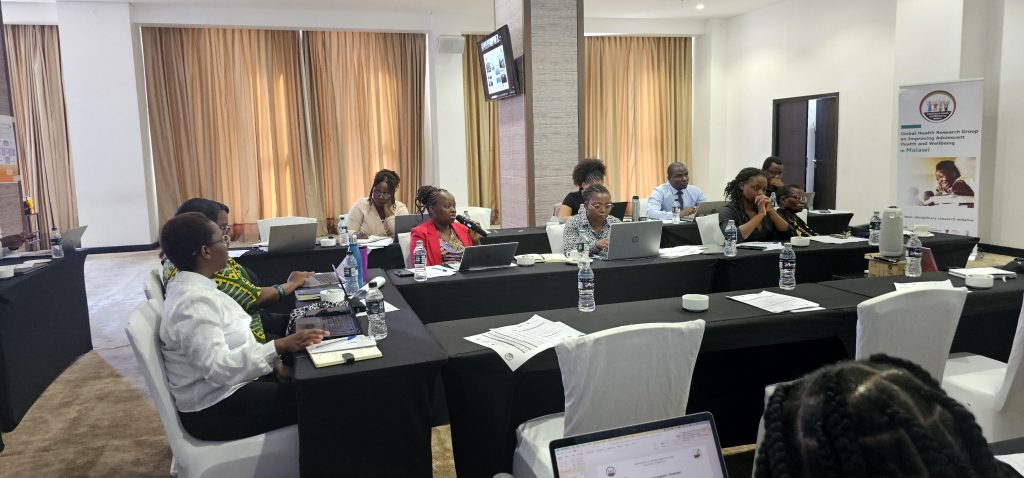
The meeting featured interactive presentations from each of the six Work Strands, providing a comprehensive snapshot of ongoing fieldwork, co-design activities, and early outcomes.
WS1: Longitudinal Adolescent Wellbeing
- – Recruitment of 1,232 adolescents across urban and rural sites.
- – Phase 2 interviews focusing on life events, wellbeing, and transitions.
- – Establishing a baseline for long-term policy-relevant insights.
WS2: Economic and Policy Frameworks
- – Analysis of national economic and social policies impacting adolescents.
- – Identification of barriers to equitable access to services across age, gender, and geography.
- – Informing sustainable policy shifts through economic modeling and advocacy tools.
WS3: Education, Aspirations & ACEs
- – Tools developed and piloted to assess the influence of adverse childhood experiences (ACEs).
- – School-based data informing tailored educational interventions.
- – Emphasis on resilience-building and aspiration support.
WS4: Water, Sanitation & Hygiene (WASH)
- – Co-design workshops conducted in urban and rural schools.
- – Adolescents raised key concerns around menstruation, safety, and toilet access.
- – WASH seen not only as a health issue but also as a contributor to mental wellbeing.
WS5: Sexual & Reproductive Health & Rights (SRHR) and Adolescents
- – Stakeholder and community consultations on SRHR barriers.
- – Research exploring stigma, access, and gaps in service provision for 10–14-year-olds.
- – Supporting inclusive and age-appropriate SRHR policy reform and intervention design.
WS6: Inspiring Adolescent Wellbeing
- – Narrative storytelling and creative methods used to explore emotions, identity, and peer relationships.
- – Data collection completed with adolescents aged 10–14 in Blantyre and Mchinji.
- – Upcoming co-design sessions to be shaped by youth-driven priorities.
Collaborative Momentum
Participants expressed appreciation for the participatory nature of the project and the clear alignment between the Work Strands and Malawi’s adolescent health policies. Steering Group members offered constructive recommendations, including:
– Strengthening links between the Ministry of Health and Ministry of Education through evidence sharing.
– Prioritising visibility of adolescent voices in future national strategy sessions.
– Ensuring sustainability and post-project integration of co-designed interventions.
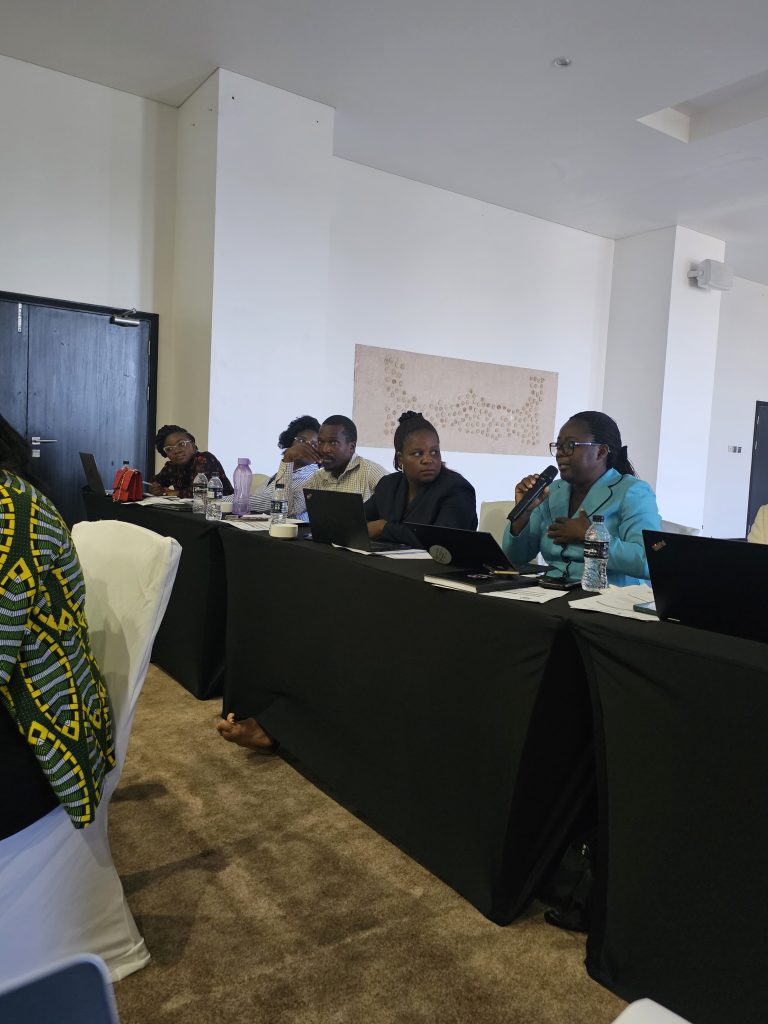
Looking Ahead
As the NIHR-GHRG moves toward the co-design and implementation phase of interventions, this meeting served as a powerful checkpoint – a chance to align on vision, ground decisions in evidence, and reaffirm the group’s shared commitment to improving the lives of Malawi’s adolescents.
